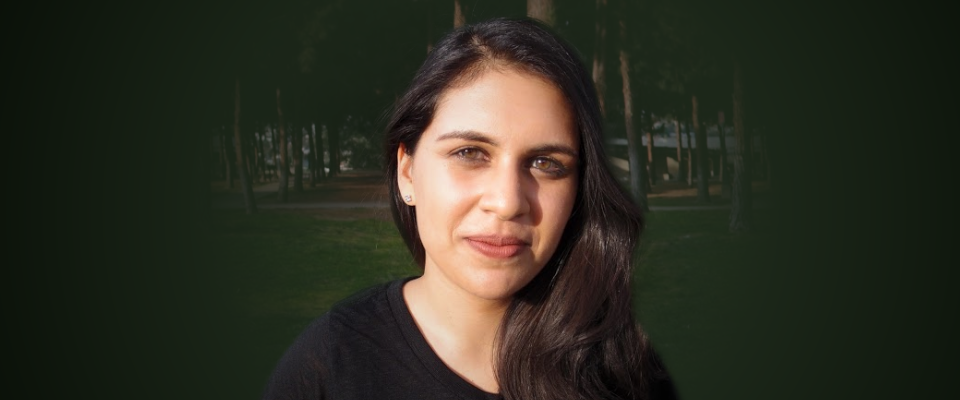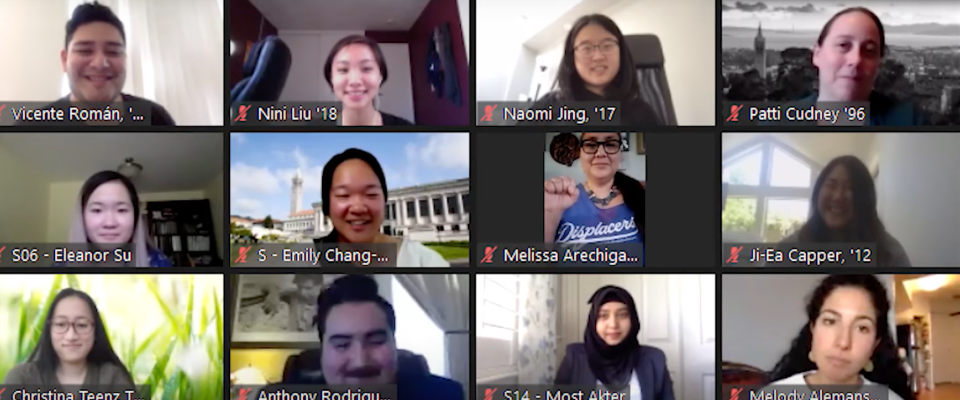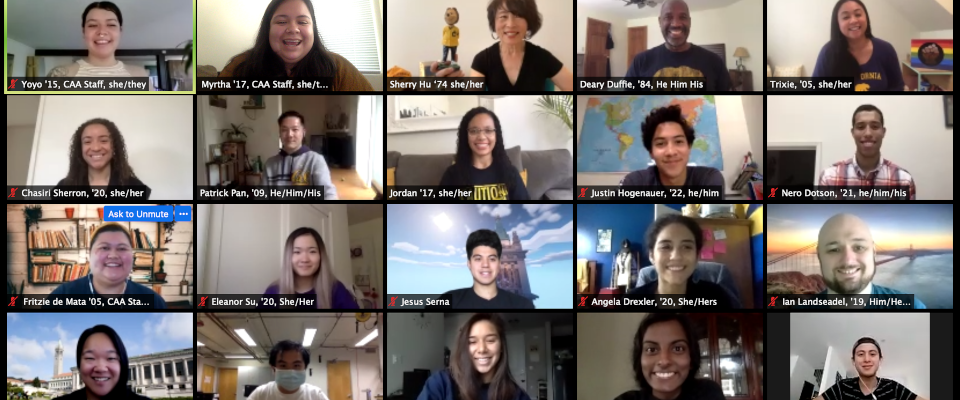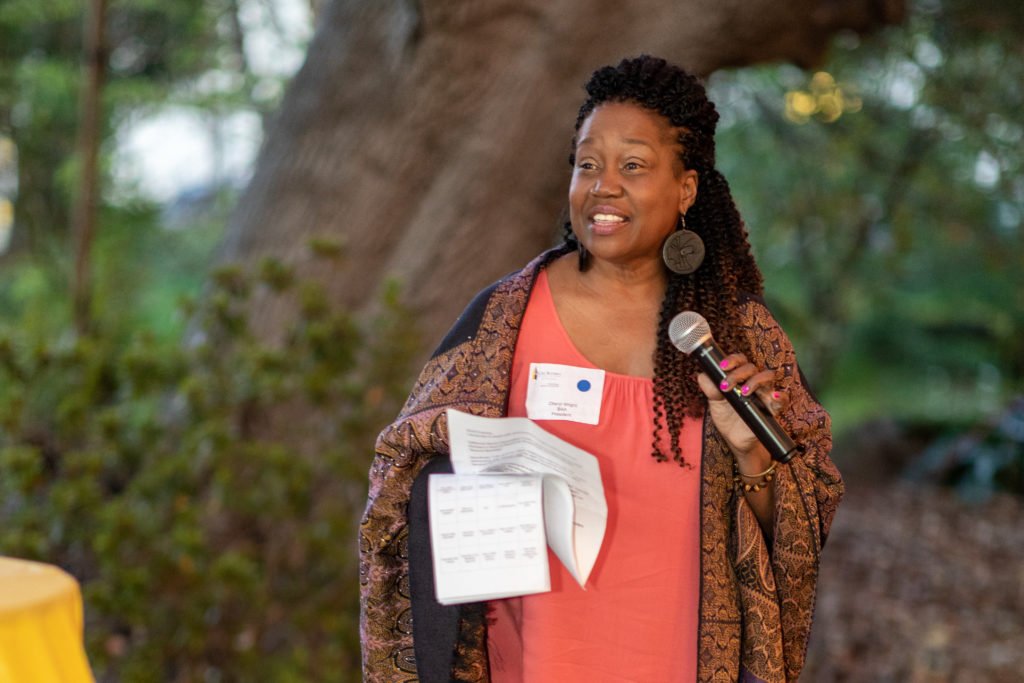In any society, people play specific roles. Some are leaders, some are nurturers, some are creators, and some are builders. All are important. However, in a time of crisis, the demand for specialized roles goes up. During a pandemic, doctors, nurses, and first responders become especially important. And keeping the public informed—now more than ever—is just as crucial.
“If you’re an essential worker, your job is to keep doing your job safely, but if you’re a journalist, your job is to take on the burden of overwhelming your brain to help other people.”
For the past five years, Soumya Karlamangla ’13 has been a healthcare reporter for the Los Angeles Times. Before COVID-19, she reported on several major news events including the 2015 San Bernardino terrorist attack and the Borderline Bar & Grill mass shooting in Thousand Oaks. But reporting on those stories, she shares, hasn’t been as stressful for her as round-the-clock COVID-19 coverage.
“I just had this ominous feeling that something was going to happen,” Soumya recalls. “Then [my editor] called me on Saturday morning at 10 a.m. [saying], ‘The first person died last night. Can you write a story about it?’ And from then, it’s been kind of a whirlwind that first month.”
Soumya always wanted to be a journalist. She had written for her high school newspaper and joined The Daily Californian as a first-year at Cal. Though journalism was her dream career, she didn’t think it was possible. “I just think it wasn’t likely I would become a [journalist] so my plan was that I would work with a student newspaper and I was studying other things that could potentially open any number of doors that I wanted to go into.” Soumya doubled-majored in English and biology.

She applied to The Daily Cal twice before becoming a part of their newsroom. This was where Soumya really cut her teeth as a journalist. “At Berkeley, we have real stuff to report on because we were reporting on the city and because crazy stuff happens all the time.” She reported on the Occupy Cal movement and the shooting at Haas School of Business in 2011.
“I don’t think I understood at the time [The Daily Cal’s] reputation,” she says. “I always say this, but I learned every single thing I know about journalism there. I never had any other training.” Soumya has also written for the San Francisco Chronicle, The Nation, and The Oregonian. She also was a part of the team at the LA Times that won a Pulitzer Prize for their reporting on the San Bernardino terrorist attack.
However, these experiences didn’t make reporting on tragedies easier, Soumya says. She worked many 16-hour days in the early stages of the outbreak, analyzing information and helping other reporters. In a polarized political climate, she had to deal with readers who don’t believe her reporting.
“I think right now in this space where I’m spending all my time with this truth, I’m thinking about all the people who’ve died. It’s even more jarring to have the response be people just be like, ‘It’s not real.’”
Beyond dealing with the cavalier attitudes toward the virus, the mental toll of knowing so much has been immense. Soumya is deep in the news and can’t simply tune out the negativity to keep sane. She recently wrote a story on a nurse who died saving a code blue patient. The nurse had made the quick decision to save the patient without personal protective equipment.

“You already feel kind of scared about whatever’s going on; then you have the unfortunate privilege of knowing in great detail how people can die and exactly how they can get sick,” she admits, “and at some point [I’m] unable to function because I’m so overwhelmed with information.”
Soumya has learned how to take breaks away from coverage by picking up new quarantine pastimes, like cooking and craft projects. Words from another reporter also gave her some perspective on her role as a journalist, empowering her to continue reporting.
“If you’re not an essential worker, your job is to stay home and not spread the virus. If you’re an essential worker, your job is to keep doing your job safely, but if you’re a journalist, your job is to take on the burden of overwhelming your brain to help other people,” Soumya shares. “Reframing it like that [has] kind of helped.”
Even though life has dramatically changed and polarizing opinions about the severity of the virus continue to spread, Soumya remains motivated to continue with her role in this fight against COVID-19. “Though I’m having this experience, I actually feel like our reporting, my reporting in my space has been more valuable than it ever has before.”
Read Soumya’s pieces from The LA Times.




















